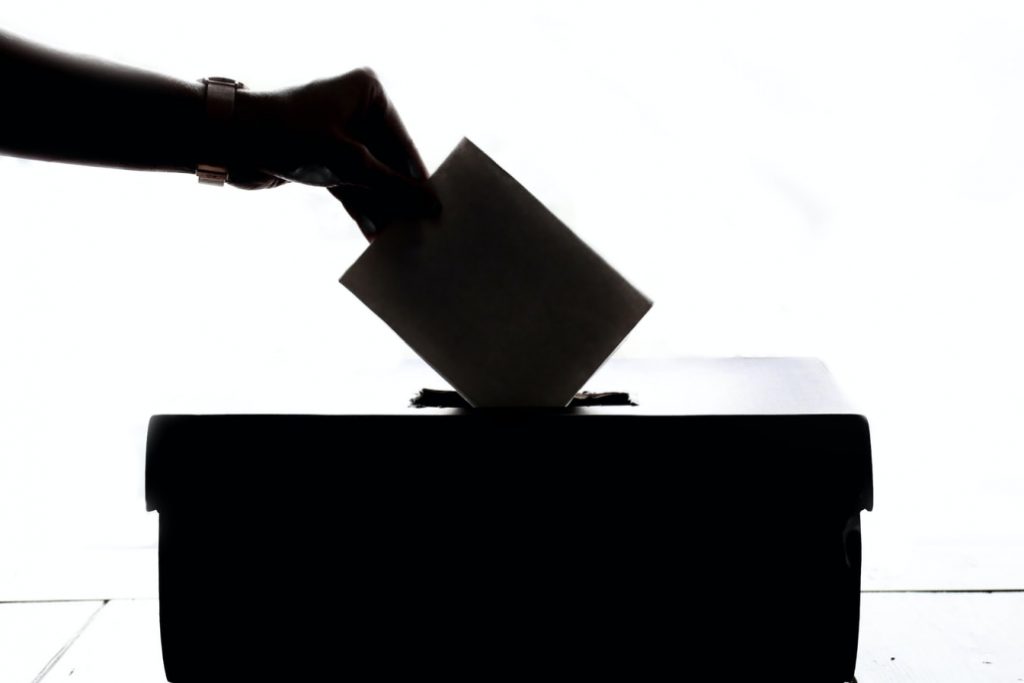Twenty-five years after the totalitarian communist regime of Enver Hoxha, Albanians have the right to feel proud of the political and economic achievements of their country. Eight parliamentary elections have been held since 1991, with power rotating between the two largest political parties. Albanians have generally accepted democratic norms and democracy is seen as an ideal political system. Moreover, the protection of human rights and the separation of powers are part of the Constitution. The process of reform implementation has led to sustainable economic growth, infrastructure improvements, and poverty reduction. And while the level of civic engagement is not very high, the role of civil society is becoming increasingly important and in some cases, it has impacted the decision-making process of the government.
Despite these achievements, Albania finds itself at a crossroads. For example, it is rated much lower than the majority of the former Soviet Union countries and Yugoslav republics for the indicators of democracy, and has not yet established a well-functioning democratic system. Albania suffers more than other countries that have undergone a transition from communism to a multi-party system. Albania’s task is to intensify its work to strengthen the rule of law, and the fight against corruption and organized crime, for the proper functioning of state institutions, to cleanse Parliament from criminal and corrupted elements, and to carry out profound reforms in the judicial system.
Many factors explain Albania’s poor democratic progress: the lack of a democratic culture, the communist legacy, and the economic weakness. But, without wanting to minimize their importance, there is no doubt that many of the difficulties that Albania faces are a direct consequence of the attitudes and decisions of its ruling elites. Mistakes, failures, unfair policies, and missed cases have been common features of both democratic and socialist governments. Albania faces several challenges, which will test the leadership skills of current politicians and determine whether Albania will be able to fully consolidate its democracy. The most vital issue remains the economy. Albania is ranked among the poorest countries in the region, with high unemployment and limited economic opportunities. About 20 percent of the population has fled the country since the early 1990s. And, as we have seen with the recent wave of immigrants, Albania is losing many of its educated and youth citizens- who are the most vital part of the population. The loss of hope and the deterioration of the economic situation are indicators that Albania may be on the verge of losing the competition between economic opportunities and dissatisfaction.
Corruption, ongoing unlawfulness, and failure to strengthen the rule of law pose a serious threat to the existence of democracy in Albania. Corruption has taken roots at all levels of government and society. Holding a public or administrative position has turned out to be the best way to get rich. Wealth and power are concentrated in the hands of a small group. Justice is seen as one of the most corrupted institutions in Albania. Corruption and the lack of the rule of law are best embodied in the criminalization of the Parliament and the shamelessness of how officials try to influence court decisions. It is rare for elected or appointed officials to be held accountable for abuse of power, corruption, or other violations.
The media in Albania has made little progress towards being the fourth power. The majority of media outlets are affiliated with the government or with certain parties or politicians. Regardless of various governments that have proclaimed themselves as champions of the free press, they have often exerted pressure in various forms on the media, such as not advertising, or putting pressure on the owners or businesses. Establishing a truly free press will require journalists to defend their rights more vigorously. Closely related to this, is the need for journalists to stay true to the professional standards of journalism. Therefore, a clear division between the media and the willingness to ensure editorial integrity and independence of the press is required.
Albania has not yet managed to replace clientelism and party interests with meritocracy for the cases of employment in public administration. Ideological differences between the main political parties have narrowed significantly. While it is widely accepted that political power can be legitimately gained only through ballot boxes, however, elections in Albania are accompanied by uncertainty in this regard. Elections are seen as a battle for life or death, with only winners and losers, and not as a race between political platforms.
In parliament, debates have turned into a political theater. Vulgar insults, slander, and lies have become a normal part of the political debate. This hostile and provocative rhetoric has created a toxic atmosphere in parliament, which does not foster democratic debate. Twenty-five years ago, in times of deep crisis prominent personalities, such as Rexhep Qosja and Ismail Kadar were interviewed, whose statements had a profound impact. Nowadays, it is difficult to find a personality that is accepted as a unifying figure and a moderate force.
At this moment, twenty-five years after communism, it is up to the Albanian political elite to learn the right lessons from the mistakes of the past and to create a comprehensive economic and political system, with opportunities for all, that builds a future, strengthens democracy, increases transparency and accountability, and supports the implementation of sustainable development policies. Implementing radical reforms requires effective leadership. For Albania to reach its potential and enjoy the full benefits of a consolidated democracy, its leaders must put the country’s highest interests before personal interests and implement a wide range of political and economic reforms. If they fail at this point, Albanian leaders would deny a more promising future for their country.








